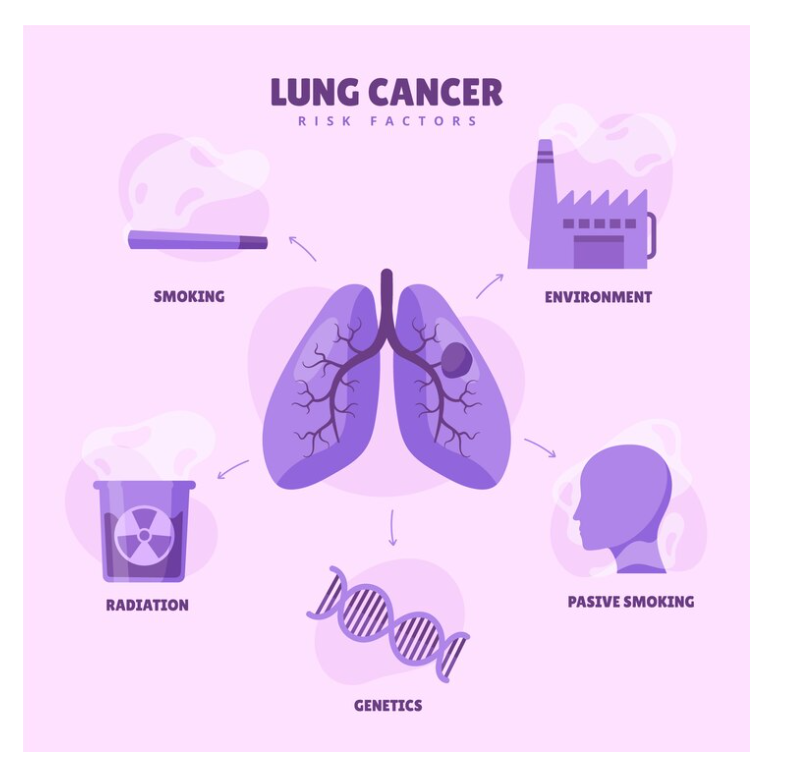
FAQs About Emphysema: Common Questions Answered
Introduction: Living with emphysema can raise many questions, whether you’ve recently been diagnosed or are supporting someone who has. Understanding this chronic lung condition is crucial for effective management and peace of mind. Here are some frequently asked questions about emphysema, answered in simple language:
1. What is emphysema? Emphysema is a type of chronic obstructive pulmonary disease (COPD) that damages the air sacs in the lungs, making it difficult to breathe. This damage is often caused by smoking or exposure to harmful substances like air pollution or chemical fumes.
2. What are the symptoms of emphysema? Common symptoms of emphysema include shortness of breath, coughing, wheezing, chest tightness, and fatigue. These symptoms may worsen over time and can significantly impact daily life.
3. How is emphysema diagnosed? Emphysema is typically diagnosed through a combination of medical history, physical examination, lung function tests (such as spirometry), and imaging tests (like chest X-rays or CT scans) to assess lung damage.
4. What are the risk factors for emphysema? The primary risk factor for emphysema is smoking, but exposure to secondhand smoke, air pollution, occupational dust and chemicals, and genetic factors can also increase the risk.
5. Can emphysema be treated? While there is no cure for emphysema, treatment aims to relieve symptoms, slow disease progression, and improve quality of life. Treatment options may include quitting smoking, medications (such as bronchodilators and steroids), oxygen therapy, pulmonary rehabilitation, and in severe cases, surgery.
6. How can I manage my symptoms at home? Managing emphysema at home involves lifestyle changes such as quitting smoking, staying physically active, eating a healthy diet, staying hydrated, practicing breathing exercises, and avoiding respiratory irritants like air pollution or strong fumes.
7. Can emphysema be prevented? While some risk factors for emphysema, such as genetics, cannot be controlled, quitting smoking and avoiding exposure to lung-damaging substances can significantly reduce the risk of developing the condition.
8. What is the prognosis for emphysema? The prognosis for emphysema varies depending on factors such as the severity of lung damage, overall health, and adherence to treatment. With proper management and lifestyle changes, many individuals with emphysema can lead fulfilling lives.
In Conclusion: Understanding emphysema and its management is essential for anyone affected by this chronic lung condition. By learning about the symptoms, risk factors, diagnosis, treatment options, and preventive measures, individuals and their loved ones can better navigate the challenges associated with emphysema.
To seek medical advice, always consult a Doctor. Here are our recommended experts. Click here
To read more on Respiratory disease . Click Here


